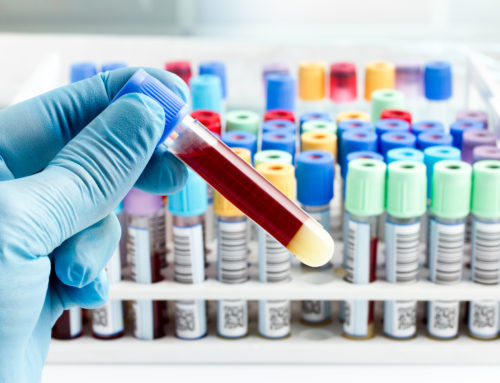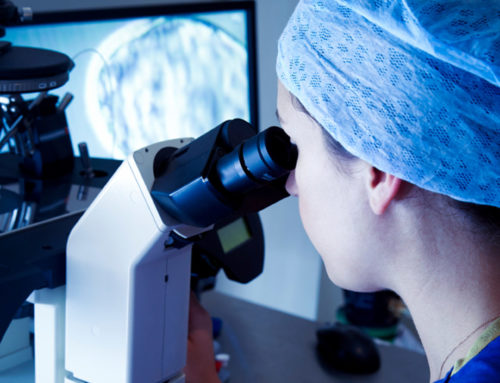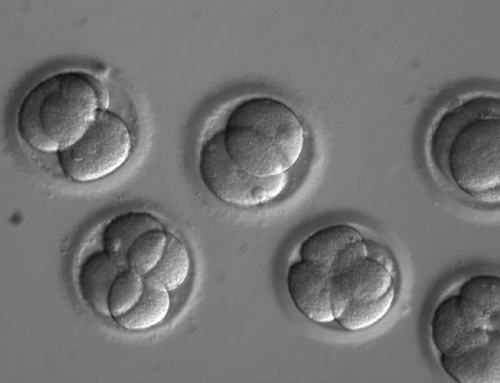Infertility and Menopause
As more women wait until their 30’s to begin families, instances of age related infertility rise despite a concurrent trend to live healthier lifestyles. Taking better care of ourselves cannot offset the natural age-related decline in fertility. In fact, many women enter into peri-menopause much earlier than they’d expect and are woefully unprepared for the struggle of infertility.
To understand the struggle to get pregnant during menopause, we must understand that fertility changes with age. Both men and women become fertile in our teens. Women typically peak in our twenties. Then our reproductive potential decreases as we get older.
Read more about Age and Fertility.
A healthy, fertile 30-year-old woman has a 20% chance of getting pregnant each month she tries to conceive on her own. Egg quality and quantity both decline thereafter, beginning at around age 30.
Getting Pregnant During Menopause
Symptom you may be entering perimenopause (the period just before menopause):
-
hot flashes
-
night sweats
-
low sex drive
-
tender breasts
-
irregular menstrual cycles
-
irregular ovulation
-
vaginal dryness
-
painful intercourse
-
increased irritability
-
mood swings
Over 40 Fertility Options
By age 40, fewer than 5 out of every 100 women will successfully become pregnant on their own. Women between the ages of 40 and 45 have about a 50 percent risk of miscarriage. If you do get pregnant later in life, experts say, the chances are much higher that it won’t be a healthy pregnancy. Our capability to have children on our own then ends 5 to 10 years before menopause.
See more about fertility treatment options over 40.
Getting Pregnant Over 50
It is commonly understood that after menopause women are no longer able to become pregnant without assistance from a fertility specialist. After menopause, the only way a woman can get pregnant is through in vitro fertilization (IVF) using an egg donor.





